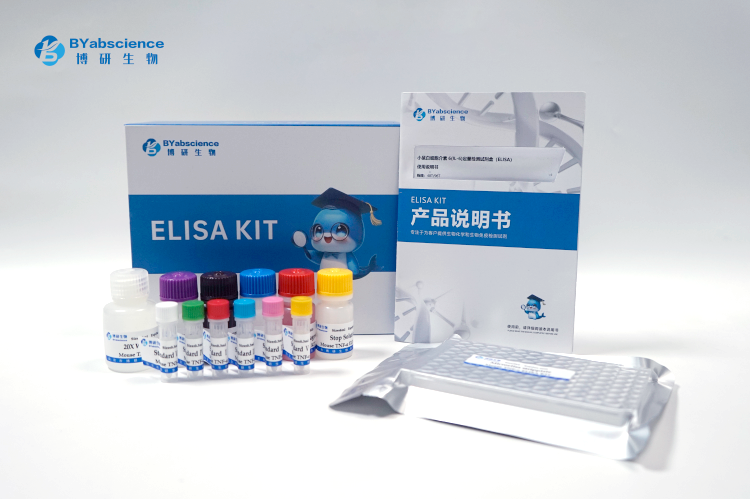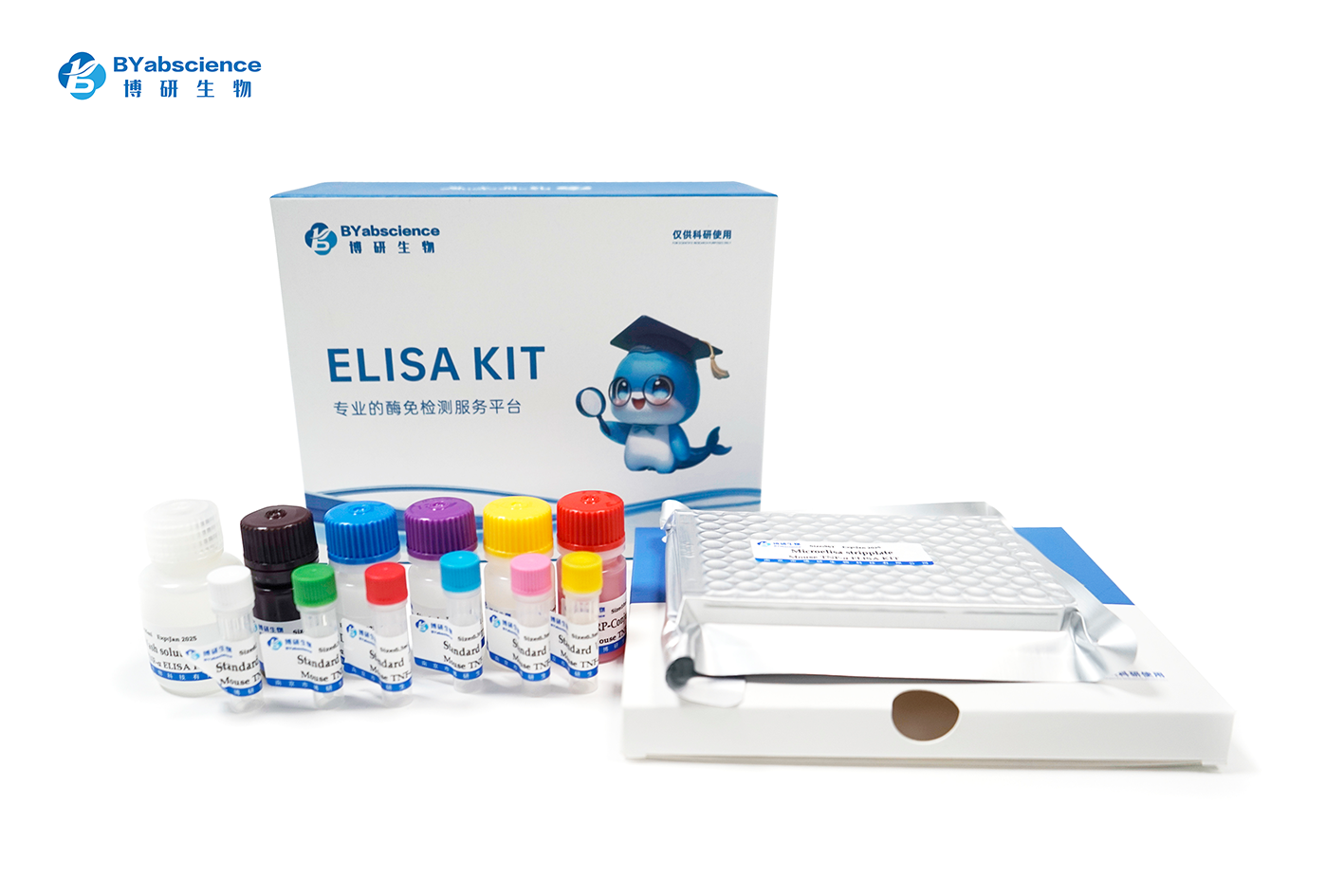Examination area
0.75nmol/L - 12nmol/L
Use
It is used to detect the concentration of rat androstenedione (ASD) in samples such as serum, plasma, cell culture supernatant and tissue.
Test principle
The kit uses enzyme-linked immunosorbent assay. Biotin-labeled rat ANG-1 is used, and the purified anti-rat ANG-1 antibody is coated on the microplate. In the competitive inhibition reaction, a certain amount of solid-phase antibody inhibits the competitive reaction with biotin-labeled rat ANG-1 and non-labeled antigen (calibrator or specimen). The binding amount of antibody and biotin-labeled rat ANG-1 is inhibited by the amount of non-labeled antigen. The more non-labeled antigen, the less binding of antibody and biotin-labeled rat ANG-1, and vice versa. After the reaction is balanced, solid-phase antibody-biotinylated rat ANG-1 is formed, and enzyme-labeled avidin is added to form a solid-phase antibody-biotinylated ${E}-enzyme label-avidin complex. After adding substrate for color development, the absorbance (OD value) is measured at a wavelength of 450nm using an enzyme reader. As the concentration of rat ANG-1 increases, the OD value gradually decreases and shows a good linear relationship. This kit has the characteristics of high sensitivity, strong specificity, good repeatability, simple operation, and rapidity, and has reliable detection performance for the reduction or increase of rat ANG-1 in serum.
Specificity
This kit recognizes native rat androstenedione (ASD) with no cross-talk with structural analogs.
Typical data
See the instruction manual for details
Precision
The intra-batch coefficient of variation CV% was less than 10%; the inter-batch coefficient of variation CV% was less than 15%.
Recovery
The recovery rate is between 85%-115%.
Kit composition and preservation
Self-contained items needed for the experiment
1. ELISA reader capable of detecting absorbance at 450 nm 2. Pipette and tip, sample loading tank 3. 37°C thermostat or water bath 4. Test tubes, centrifuge tubes, measuring cylinders, etc. for preparing reagents 5. Distilled water or deionized water
Operating steps
All reagents and components should be restored to room temperature first. For standards, quality control products and samples, duplicate wells are recommended. 1. Prepare the working solutions of various components of the kit according to the method described in the previous instructions. 2. Take out the required strips from the aluminum foil bag, seal the remaining strips with a self-sealing bag and put them back in the refrigerator. 3. Take the pre-coated plate out of the sealed bag, set up a blank control well without adding any liquid; set up 2 wells for each calibrator, add 50μl of the corresponding calibrator to each well; and directly add 50μl of the serum or quality control product to be tested to each of the remaining test wells. 4. Add 50μl of biotinylated antigen to all wells except the blank well, mix well, apply the sealing film, and incubate at 37℃ for 60 minutes. 5. Manual plate washing: discard the liquid in the well, fill each well with washing solution, let it stand for 10 seconds to dry, repeat 3 times and pat dry. Plate washing machine: select the washing 3 times program to wash the plate and pat dry. (Tip: To obtain ideal experimental results, the residual liquid must be completely removed. After washing the plate, please proceed to the next step immediately and do not let the microplate dry.) 6. Add 50μl of enzyme-labeled avidin to each well (except the blank control well), mix well, apply the sealing film, and incubate at 37℃ for 30 minutes. 7. Manual plate washing: discard the liquid in the well, fill each well with washing solution, let it stand for 10 seconds to dry, repeat 3 times and pat dry. Wash the plate with a plate washer: select the washing 3 times program to wash the plate and pat dry. 8. Add 50μl of color developer A and 50μl of color developer B to each well, shake and mix well, place at 37℃ in the dark for 15 minutes, and add 50μl of stop solution to each well. 9. Read the plate with an enzyme-labeled instrument, take a wavelength of 450nm, first adjust the zero point with the blank control well, and then measure the optical density value (OD value) of each well.








 Scan wechat
Scan wechat